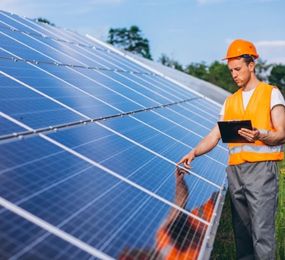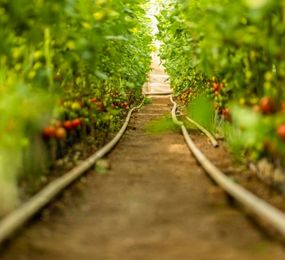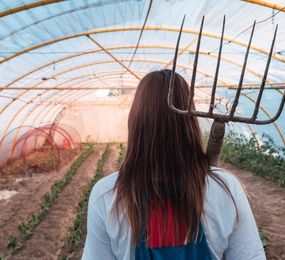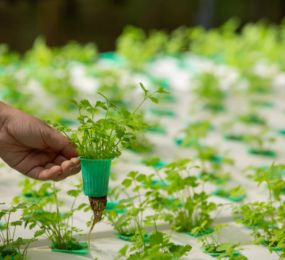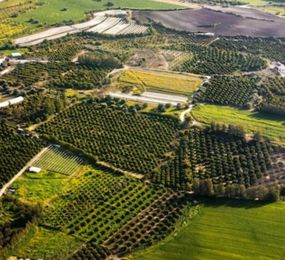AgriVoltaics, the innovative marriage of solar energy and sustainable agriculture, thrives on a delicate dance between sun and shade. While solar panels generate clean energy, the partial shade they cast affects different crop varieties in unique ways. Understanding these variations is crucial for maximizing yield potential and ensuring success in AgriVoltaics systems.
Light Lovers vs. Shade Tolerant:
-
Sun-Kissed Champions: Crops like corn, soybeans, and sunflowers are traditionally classified as full-sun crops. They require significant direct sunlight for optimal growth and may struggle under the partial shade of AgriVoltaics systems.
-
Thriving in the Shadows: Shade-tolerant crops like leafy greens (lettuce, spinach), herbs (basil, mint), and certain root vegetables (beets, radishes) can flourish under the dappled sunlight filtering through solar panels. These crops benefit from the moderated light intensity and potentially experience reduced heat stress.
Beyond Light Levels: A Spectrum of Factors
-
Heat Stress Mitigation: For some crops, the partial shade provided by AgriVoltaics can be a welcome relief. By reducing heat stress, particularly in hot climates, AgriVoltaics can lead to improved plant health and potentially higher yields.
-
Water Conservation: Heat stress often leads to increased water evaporation from plants. The shade from solar panels can help conserve water, allowing crops to utilize water more efficiently, which is particularly beneficial in drought-prone regions.
Optimizing AgriVoltaics for Yield Success:
-
Strategic Panel Placement: Understanding the light requirements of chosen crops is paramount. Careful planning of solar panel layout ensures sufficient, yet diffused sunlight reaches the crops, maximizing yield potential for both sun-loving and shade-tolerant varieties.
-
Data-Driven Decisions: Integrating sensor networks and data analytics into AgriVoltaics projects allows for real-time monitoring of light levels, soil moisture, and crop health under the panels. This data empowers farmers to dynamically adjust planting strategies and irrigation practices for optimal performance.
By understanding the unique responses of different crop varieties to shade, farmers can leverage AgriVoltaics to its full potential. This knowledge empowers them to cultivate a symphony of sun and shade, fostering a future where clean energy production and bountiful harvests coexist in harmony.
To register or learn more about the Forum please check here:http://bit.ly/3kR0v2R.
For more information and group participation, contact us: [email protected]




